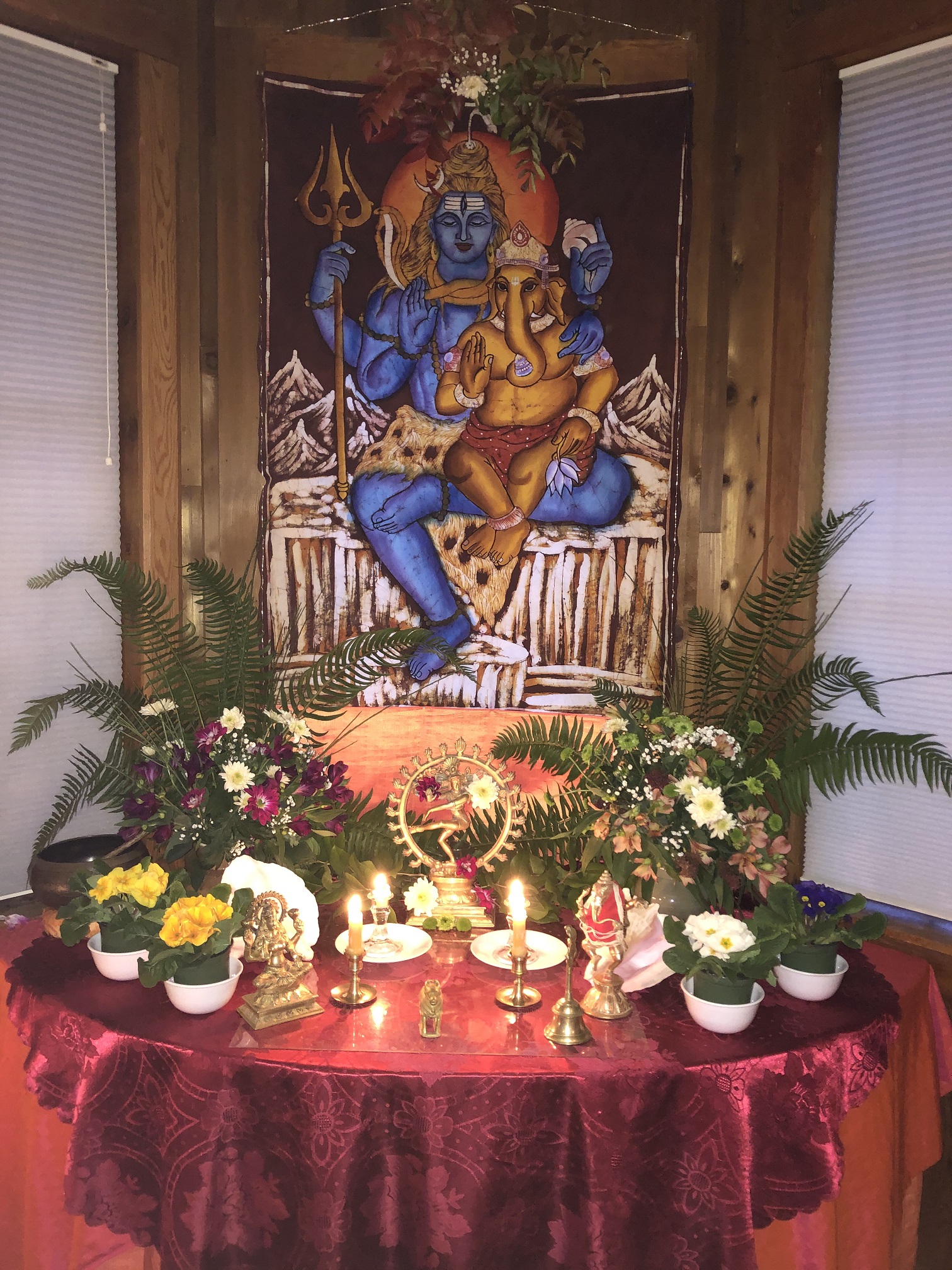
What is a Spiritual Path? It can look different for different people. Some practice bhakti yoga, some practice karma yoga and others practice jňāna yoga. People may be drawn to Buddhism or Jainism. Others feel called to be a good person without affiliating with any particular school of thought.
The Three Cs
One of my mentors talked about the three Cs: Courage , Choice and Commitment. Courage, in its root sense means the heart as the seat of feelings. It’s an important place to check in with before acting. How does my body feel when I move in the direction I am contemplating? Does my energy go up or down or stay the same? Choice here refers to the fact that we have free will. We have dominion over our actions and of how we respond to life. And we have the choice to keep checking in with the heart as a primary source of information. Commitment: the continual and repeated practice of the above. It is a practice both in the commitment of doing it and of paying attention to our responses. So the three Cs remind me to slow down and pay attention. To be conscious and deliberate about what I am doing. Of course, I still get caught in mind traps and ego traps sometimes. That’s part of being human.
Dedication and Devotion
In yoga class we often dedicate the fruits of the practice to someone or something outside of ourselves. One of my early teachers suggested dedicating my practice to my parents for a month. At the time I was more devoted to bolstering my egoic sense of individuality, focusing on my physical experience of asanas and boosting up my self-image. This idea of dedicating my practice to someone outside of myself was a revelation. You mean it’s not all about ME? This idea of dedicating one’s spiritual practice outwardly supports the notion that working on ourselves is really for the benefit of all. Underneath that is the idea of unity or universal consciousness that is at the root of yoga philosophy. On a subtle level, we are all joined like waves on the ocean are each a part of the ocean. The reminder of unity helps to keep the self-interested ego in check if we are being honest with ourselves.
Devotional Practice: Bhakti Yoga
The Sanskrit word for devotion is bhakti. A bhakti yogi is one who performs all of their daily actions in a spirit of devotion. This includes praying and rituals, listening to and chanting kirtan (devotional songs) and other practices. Ultimately this practice is about surrendering the individual ego desires in service of one’s chosen form of the Divine Spirit. Often beautiful flowers are included in bhakti practices as potent reminders of the power and wonder of Nature.
It is possible to be a bhakti without being a monk or a nun. Householder bhaktis recognize household and family duties as part of the practice. In many places such as India the wage-earning householders are responsible for supporting Elders, children and the monks and nuns. It’s a big responsibility, made lighter by not taking it personally.
Doing one’s duties to family and community with a spirit of devotion is one way to get out of the monkey mind. This is another way of practicing the three Cs. It takes courage to continually choose life-affirming actions in a world bent on destruction. The energy and support to keep making those choices comes from within and is supported by one’s spiritual teachers, the teachings and the satsang, or spiritual community.
The benefits of yoga are immeasurable and as you know, one of my great joys is to share them with others.
I feel strongly that the calmness, centering, and inner alignment yoga can bring are what is needed in the world right now. From this place of courage, I make clear decisions that support myself and others. If you would like a private session of yoga or Reiki energy healing, click here to book a time: http://www.yogakat.appointy.com
